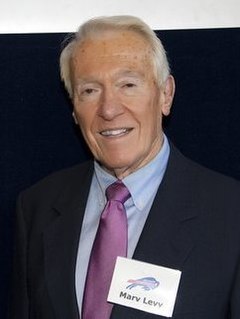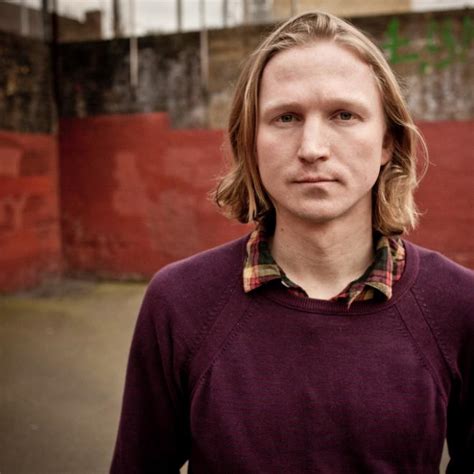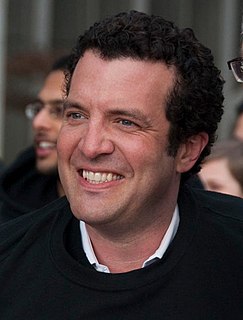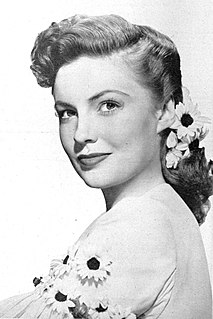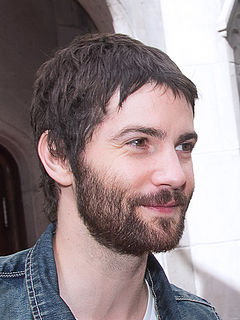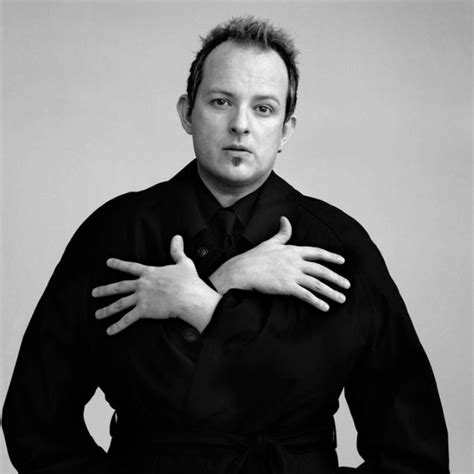A Quote by Dahlia Lithwick
There's such a kind of complicated line between politics and the law and we don't sit around and say, hey, you know, what would Oliver Wendell Holmes have had to say to this.
Related Quotes
When I was in law school I was taught that the great writers were people like [Oliver Wendell] Holmes Jr. and [Benjamin N.] Cardozo. But you go back and read their prose and it's sort of perfumed and very ornate and show-offy. And they're constantly striving for these abstractions that seem archaic nowadays.
Early on, in discussions of financial oversight, people would say, 'Well, this is a very complicated problem, therefore it requires a complicated solution.' And at that step, I would say, 'Well, wait a minute. Just because it's a complicated problem doesn't mean the best course of action immediately is one that's complicated.'
I think it's still kind of weird to memorize a line, because you're supposed to 'be' this person, you know? So then its like, if I'm really this person, how can I be in the moment if I know there's just one line I'm supposed to say? It doesn't feel natural. I always just kind of want to say whatever comes up.
[on River Phoenix] I would love to see what kind of choices he would be making now if he was still around, some of the characters that he would have played. I mean, to me he was like a rock star, you know, he had it all: he had the looks, he had a great name, he had an attitude, an energy, an excitement about him. He was instinctively like a, he was a rebel, you know? He was kind of Bob Dylan to me, at times, and he had a lot to say. And I've never seen too many interviews by him, but the ones that I saw were pretty electric, pretty... he was switched on, definitely.
People always say, "What do you want to do next, what kind of movie do you want to do next?" And I say, "I wanna do whatever script that is the best one that comes my way." I certainly would never say, "Oh, I'm gonna do a Western next," and sit around waitin' for a Western to come along when there's some other genre's brilliant script sitting right there.




